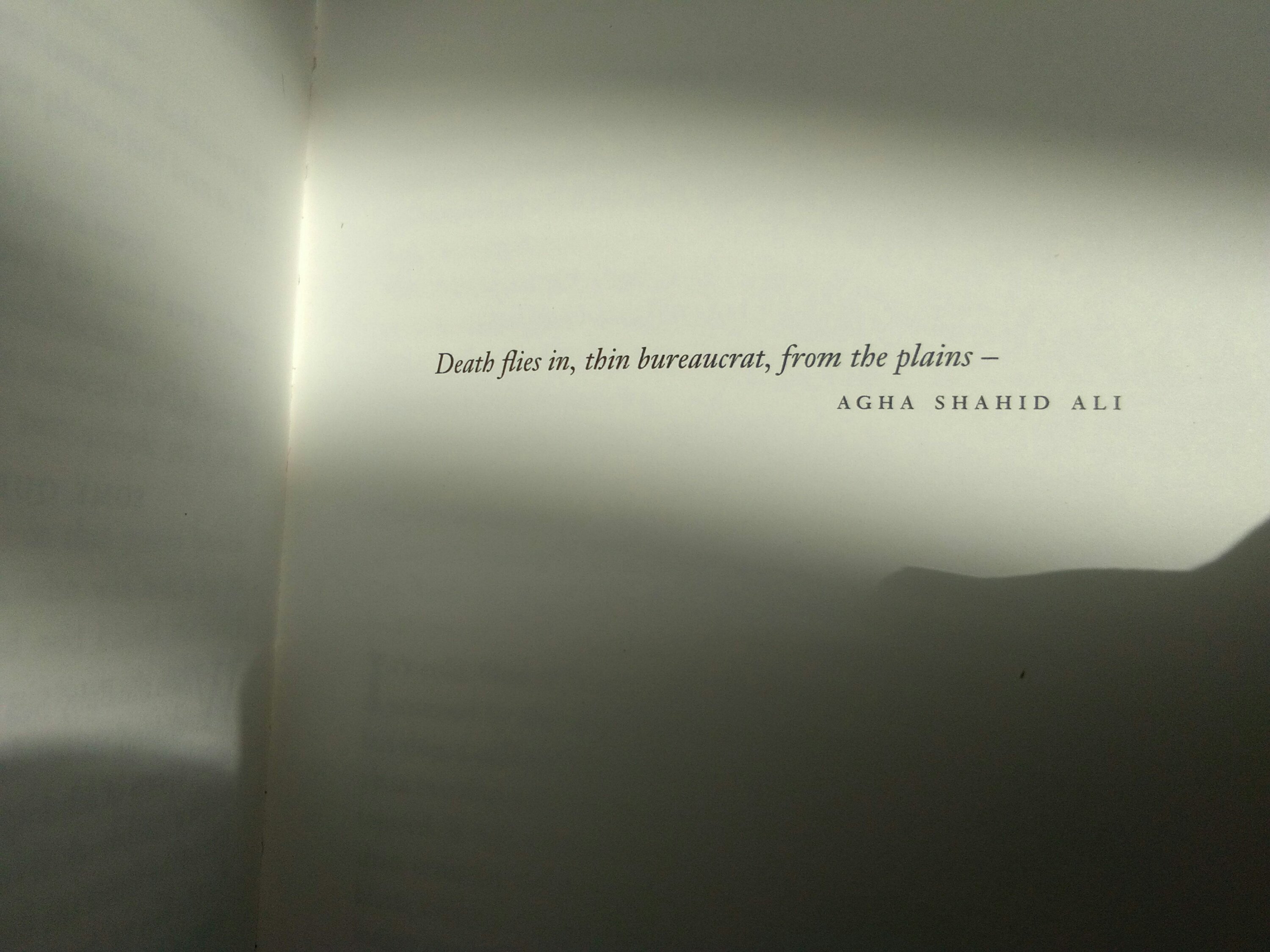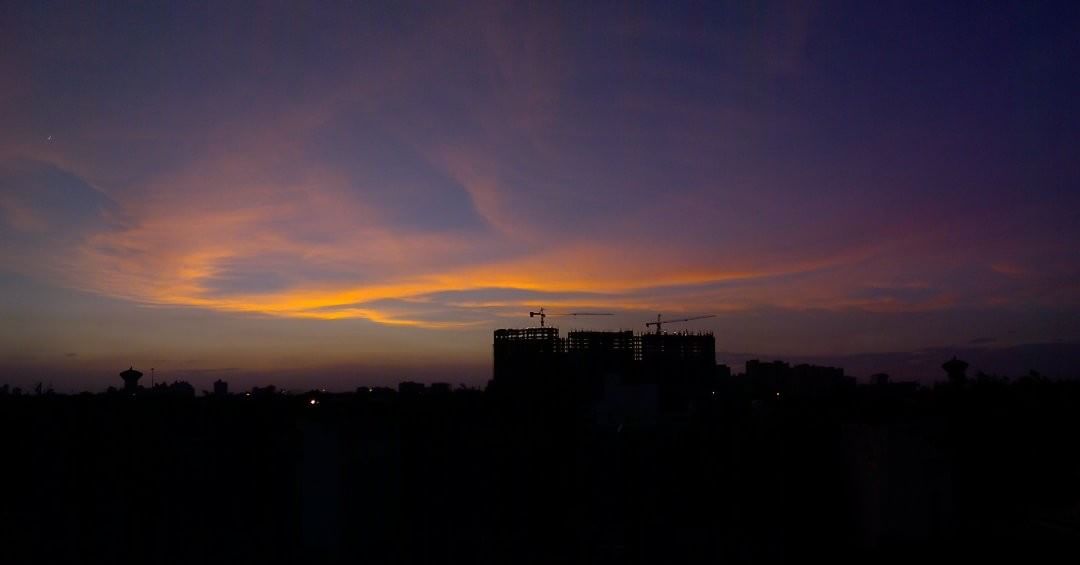NAPOWRIMO DAY 4 PROMPT:
Poetry often takes us to strange places – to feelings and actions that are hard to express except through the medium of a poem. To the “liminal,” in other words – a place or sensation that exists at or on both sides of a boundary or threshold, neither one thing or the other, but something betwixt and between.
In honor of the always-becoming nature of poetry, I challenge you today to select a photograph from the perpetually disconcerting @SpaceLiminalBot, and write a poem inspired by one of these odd, in-transition spaces.

At the sixth entrance to Rajiv Chowk
local hub for multiple metro lines
(just like the Essen Hauptbahnhof)
I wait for my friends to catch up/
Nunchileul boda, to not seem rude.
Air rushes into the long passage, strangely specific
the way it does in subways all the way up
to the line at the buzzing detectors
growing longer. Beckoning my departure,
reminder of the two-hour journey
back across the state-line.
Elegy of hostel curfew and anxious time crunch.
One friend picks up the piece of paper he lodged in
a subtle fold in the wall the last time
another lags behind checking his pockets
for the elusive travel card. I wonder
when traveling between two cities
in two different states became easy.
The long commute (now) not even that long,
the journey existing in the liminal moments
of two different lives. Present and past.
The simultaneously defeated decision
of departure and the relief of return.
I see colors instead of voices leaving the station.
Most of them seem thick and blurry
people in a haphazard hurry to move -
although my nunchi has failed me
at worse times. I think
my friends are eager
they move to hug me and I
stretch out my hand at the same time
always nunchiga eobsda
always socially awkward.
They say goodbye
and my vision explodes in blue.
They say let’s meet again soon
and all I see is white. It is time.
- To watch nunchi (눈치를 보다/ Nuchileul boda):
Watching nunchi is usually necessary when you are surrounded by many people at various gatherings like company dinners or meetings. Watching nunchi means being aware of your surroundings when you act in this setting so you don’t accidentally offend anyone. You watch nunchi when you pay attention to what you say and how you say it, when you observe the correct dinner etiquette, and when you find the opportune moment to leave without seeming rude. - To have or not have nunchi (눈치가 있다/없다/ nunchiga eobsda):
You’ll sometimes hear people say about someone that they have no nunchi (눈치 없다) meaning that they are socially awkward or lack any natural feel for the situation.
Translations from Sofi to Korea.








